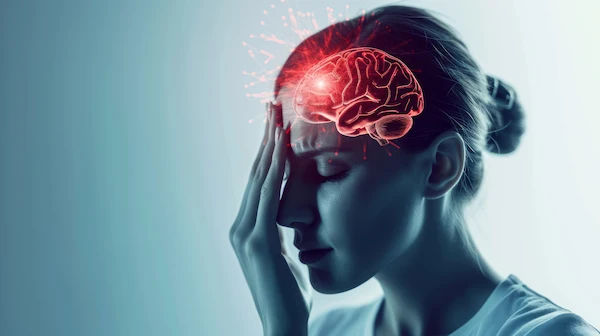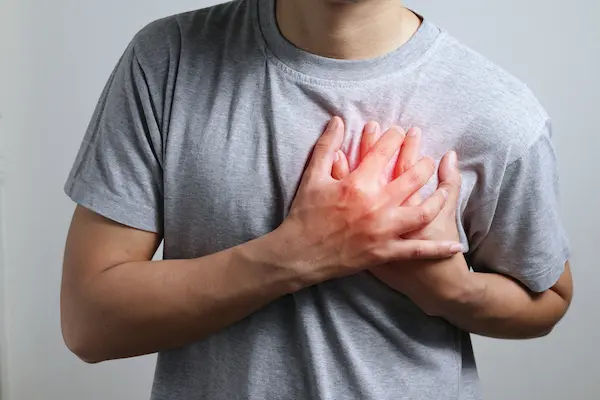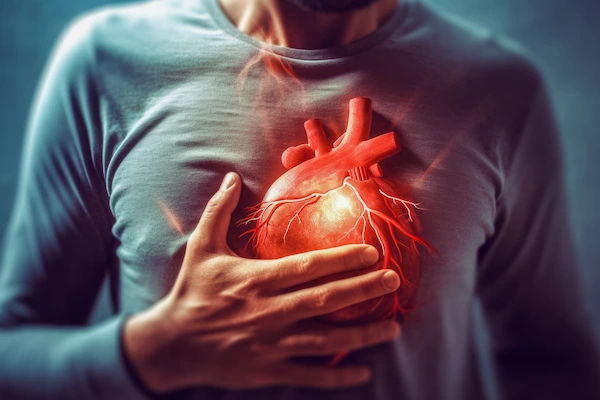- male
- 30 Years
- 07/02/2025
I've just got my health check-up results and a few things look off, particularly my cholesterol levels. My total cholesterol is 189 mgdl and triglycerides are 249 mgdl, with non-HDL cholesterol at 153 mgdl and VLDL cholesterol at 49.8 mgdl. I'm really concerned about how critical these numbers are and what I should be doing next. Is there a particular specialist I should see, or any specific steps you would recommend for someone my age? I'm 30 and just trying to figure out the best way forward.
Answered by 1 Apollo Doctors
"Based on your lab results, your Total Cholesterol level is 189 mgdl and Triglycerides level is 249 mgdl, which are both elevated. To address this, I recommend starting with lifestyle modifications such as a healthy diet low in saturated fats and sugars, regular exercise, and weight management. In addition to lifestyle changes, you can also consider medication to help lower your cholesterol levels. I suggest consulting with a healthcare provider, such as a cardiologist or a general physician, who can prescribe you a medication like Atorvastatin (brand name Lipitor) at a suitable dosage to help manage your cholesterol levels. Regular follow-up appointments with your healthcare provider will be important to monitor your progress and make any necessary adjustments to your treatment plan. It's also essential to continue monitoring your lipid profile regularly to track your improvement. Remember, these are just general recommendations based on the information provided. It's important to consult with a healthcare professional for personalized advice and treatment."
Dr. Dr Khaleel Suggests...
Consult a Cardiologist
Answered 04/07/2025
0
0

More Cardiology Health Queries
View allI'm experiencing this dull pain on the left side of my chest, kind of between the center of my left chest rib and going up towards my left shoulder. It's been happening for about 3 days now, and it gets worse when I lean forward or round my shoulders, but sometimes when I stretch my left shoulder back, it feels a bit better for a while. I dont think its acidity because I dont have issues with that, and Ive never had high blood pressure or heart problems. What could be causing this pain?
Based on your description, the dull pain you are experiencing on the left side of your chest that worsens with certain movements could be musculoskeletal in nature. It may be due to muscle strain or inflammation in the chest wall or shoulder muscles. I recommend taking a muscle relaxant such as **Cyclobenzaprine** 10mg twice a day for a few days to help relieve the pain and discomfort. Additionally, applying a topical pain relief gel containing **Diclofenac** to the affected area can also provide relief. Remember to avoid activities that worsen the pain and try to maintain good posture to prevent further strain. If the pain persists or worsens, it is advisable to consult a healthcare professional for further evaluation and management.
Answered by 1 Apollo Doctors
I've been dealing with constant chest pain for the last two months, and I'm 32. Could this be a sign of a heart problem, or is it just gas? The pain isn't spreading to other areas, and I'm not sure what's going on. Any insights?
Based on your description of constant chest pain for the past 2 months with no pain in any other area, it is important to rule out any potential heart-related issues. I recommend you take an over-the-counter antacid like Tums (calcium carbonate) for immediate relief if it is related to gas. However, it is crucial to consult a doctor for further evaluation and consider taking a low dose of aspirin for heart health.
Answered by 1 Apollo Doctors
I've been feeling this weird pulsating in my stomach, and naturally, I've gone down the rabbit hole on the internet about abdominal aortic aneurysms. I'm only 21, but I can't help but wonder if it's possible for me to have one. I don't have any family history of it, but I'm a bit overweight and my heart rate is faster than normal. Should I be concerned about this?
cardiologist opiion
Answered by 1 Apollo Doctors
Disclaimer: Answers on Apollo 247 are not intended to replace your doctor advice. Always seek help of a professional doctor in case of an medical emergency or ailment.




